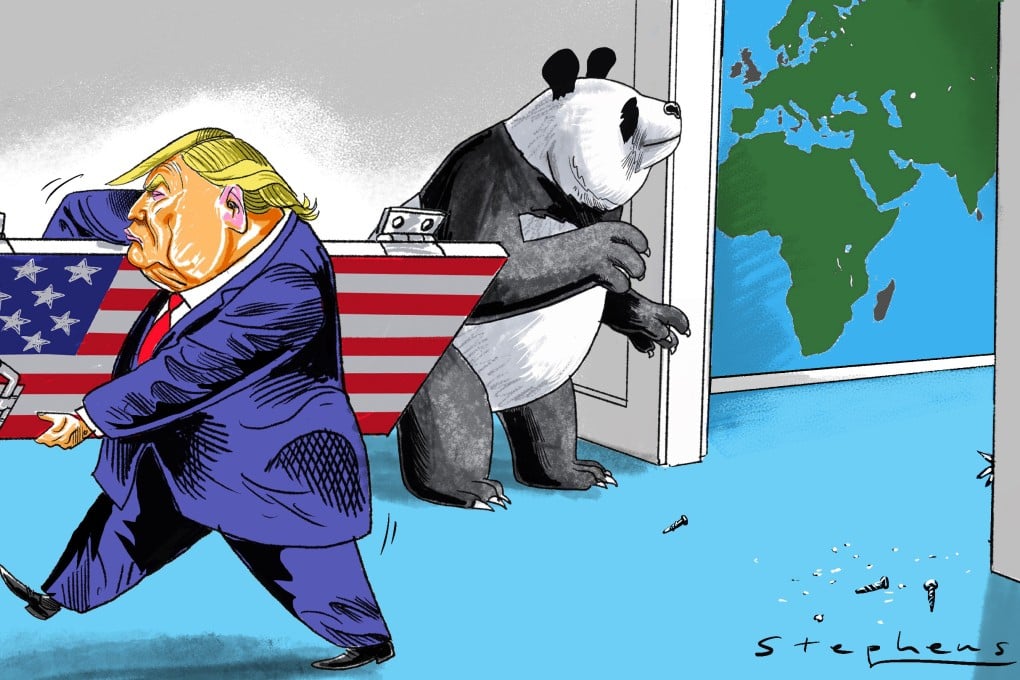Opinion | How Trump’s isolationist US will open doors for China
A US pullback from Europe, Nato and Asia means less pressure and more room for China to attain its trade and security goals

Donald Trump’s second term as president will not just reshape US policy, it will fundamentally transform geopolitics. Embracing protectionism, isolationism and nationalism, he intends to freeze multilateralism and redirect American resources to domestic priorities. If his first term is any guide, the fallout will be predictable.
Europe may be forced into a closer relationship with China, unable to antagonise both powers. The European Commission under Ursula von der Leyen will struggle to keep aligning with US policy, especially if Trump’s far-right allies gain influence in European capitals.
Nationalism drives Trump’s military and economic policies, putting America first at the expense of global alliances. By focusing resources domestically, he reduces the likelihood of conflict but risks sidelining regions like the Indo-Pacific.

